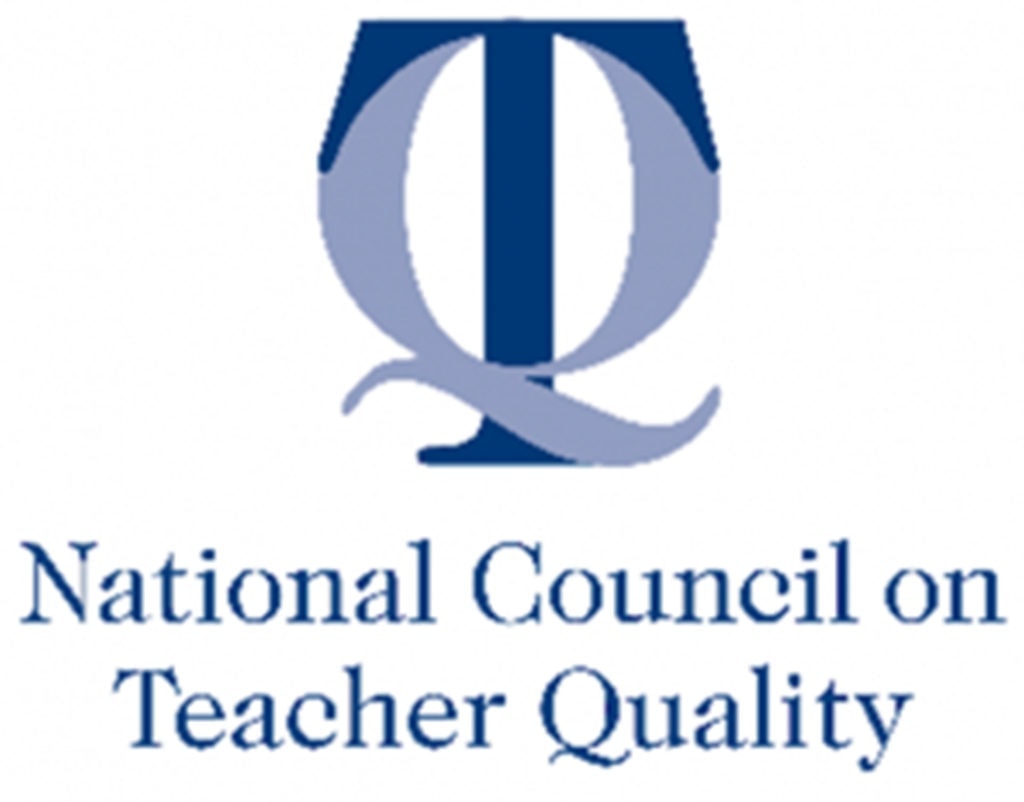Marshall University’s undergraduate elementary teacher preparation program has been named among the top in the country by the National Council on Teacher Quality (NCTQ), a nonpartisan, not-for-profit research and policy organization known for its strong commitment to evidence-based reading instruction.
“Marshall has a long history of success in reading and literacy education,” said Dr. Teresa Eagle, dean of the university’s College of Education and Professional Development. “To be recognized nationally like this is inspiring to all of our faculty and students in education and will encourage all of us to achieve even more.”
Marshall is one of only 15 undergraduate elementary teacher preparation programs that earned an A+ due to exemplary coursework, and serves as a model of excellence for others. Top-performing programs provide the following for each of the five essential components of reading:
- Explicit and repeated instruction on each component;
- Support for instruction with high-quality textbooks that accurately detail established principles of scientifically-based reading practices; and,
- Opportunities for teacher candidates to demonstrate mastery through in-class assignments, tests, and instructional practice.
Earlier in January NCTQ released its 2020 Teacher Prep Review: Program Performance in Early Reading Instruction, which finds significant progress on the science of reading instruction in teacher preparation. For the first time since NCTQ began publishing ratings in the 2013 Teacher Prep Review, 51 percent of the over 1,000 evaluated traditional elementary teacher preparation programs earned an A or B grade for their coverage of the key components of the science of reading, up from just 35 percent seven years ago.
The latest findings are a positive sign for newly energized movement across the nation to bring down notoriously high rates of illiteracy in the United States. Each year, well over a million public school students arriving in the fourth grade are added to the nation’s ranks of nonreaders. Two-thirds are black and Hispanic children struggling in the face of an inequitable education system. Reading ability is a key predictor of future educational gains and life success, making successful reading instruction essential to achieving educational equity.
“The progress being made by programs comes as a real shot in the arm,” observed Kate Walsh, president of NCTQ. “The resistance to teaching what is scientifically based has been so formidable. The scale is now tipping in favor of science, and the real winners here are the students who will learn to read.”
Now in its fourth edition, the Teacher Prep Review assigns a team of literacy experts to examine every course a program requires in early reading, looking at the planned topics to be covered in each class, readings, assignments, practice opportunities, and tests, as well as rating the quality of the textbooks used in each course. These experts look for clear evidence of dedicated course time as well as measures where aspiring teachers must demonstrate their knowledge of the five key components of the science of reading: phonemic awareness, phonics, fluency, vocabulary, and comprehension. All programs receive their preliminary grades well in advance of publication with an opportunity to appeal their rating and are invited to submit additional evidence for consideration. (See a short animated video explaining the methodology here.)
The full NCTQ summary of findings and see all top-performing programs is available online at www.nctq.org/publications/2020-Teacher-Prep-Review:-Program-Performance-in-Early-Reading-Instruction.












